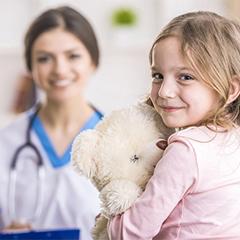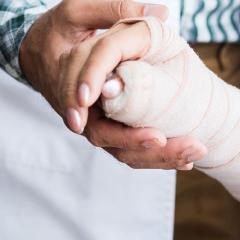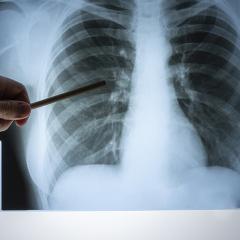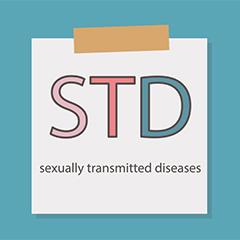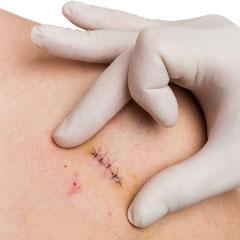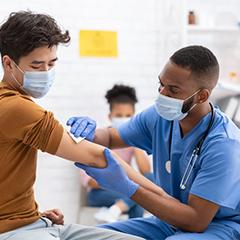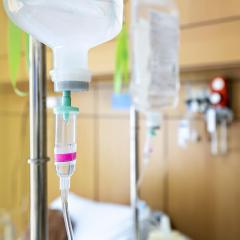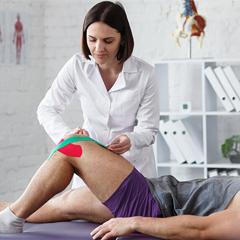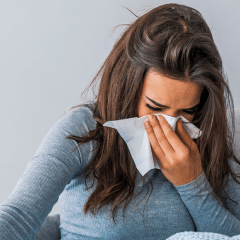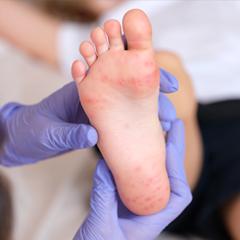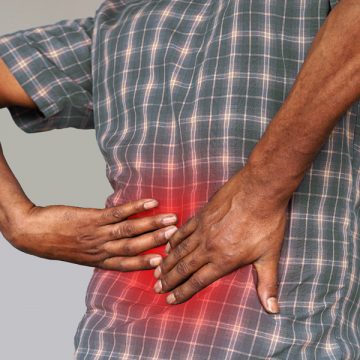RSV in Richmond, TX
Respiratory syncytial virus (RSV) is a common respiratory virus that affects patients similarly to the common cold. RSV is usually more serious in people with weakened immune systems, such as young children and seniors. Both COVID-19 and RSV are contagious and spread in the same manner: when an infected person sneezes or coughs. Droplets that contain the virus can land on various surfaces, making it highly infectious as it is easily transmitted in enclosed spaces or poorly ventilated areas.
While RSV can affect anyone, symptoms tend to be more serious for toddlers, younger children, seniors, and people with compromised immune systems. While RSV is easier to spot in adults, children may have difficulty communicating and expressing themselves. Parents and guardians must watch for common RSV symptoms, especially in toddlers.
Symptoms and causes of RSV:
Common signs for RSV include:
- Fever
- Runny nose
- Shortness of breath
- Sore throat
- Trouble eating and swallowing
- Blue lips and fingertips
Common symptoms of RSV in adults are mostly flu-like; the severity of the symptoms experienced will vary from person to person. Bad coughs and congestion are both usually signs that RSV has spread because airways have become inflamed. Inflammation can lead to swelling in the lungs (pneumonia) or bronchiolitis. You can treat RSV at home as symptoms will ease up within a couple of days. Keep in mind that it may take approximately one to two weeks to recover fully. In some cases, younger children can get extremely sick and may need to be hospitalized as they will have difficulty breathing and feel fatigued.
What is RSV in children, and how does it affect them?
While RSV can occur in anyone, infants and younger children are at higher risk for RSV. RSV is a common viral infection that most infants will have contracted by the age of 2. Parents and guardians must monitor the situation and watch for developing signs of new symptoms. Infected children will have issues breathing, leading to pneumonia; studies have also shown that infants affected by RSV may develop asthma later in life. For infants that are at a higher risk, they may be given medication like palivizumab. Palivizumab is not a cure for RSV and acts more as a preventive measure for severe symptoms if your child contracts RSV.
How long does RSV last, and is it contagious?
One common question that gets asked often is how long you are contagious with RSV? It generally takes around one to two weeks for patients suffering from RSV to recover. Still, recovery times for younger children and seniors can be longer, as symptoms for RSV tend to be more serious for these age groups.
Treatments for RSV
When a person has contracted RSV, usually no treatment is necessary if your immune system is strong enough. You should recover from it in about a week or two. There is currently no cure or vaccine that’s available yet, so making sure you’re well-rested and staying hydrated will be important in your recovery.


